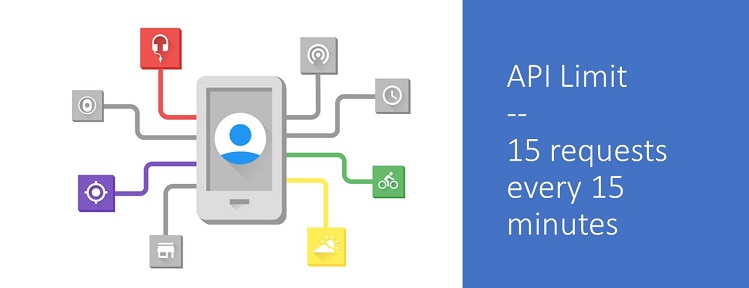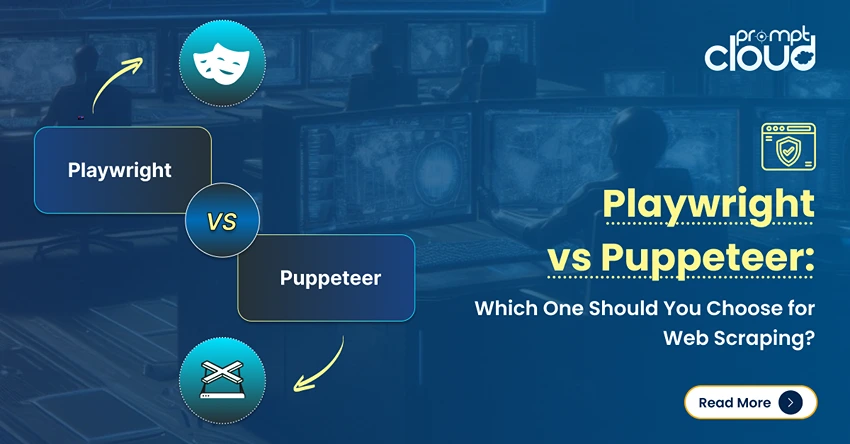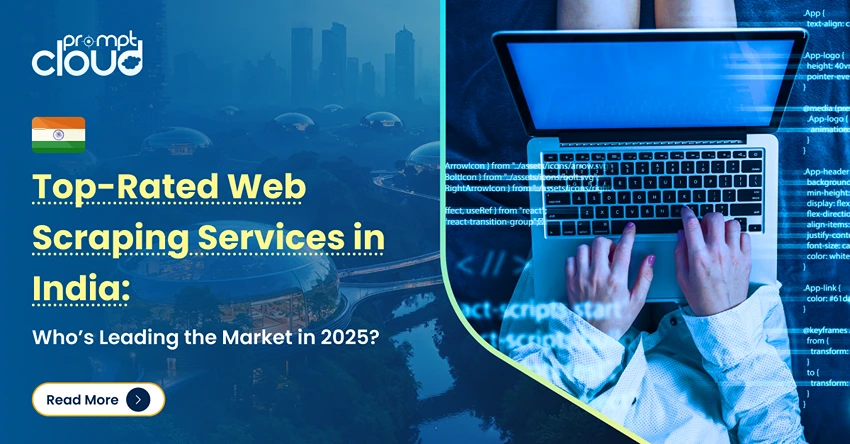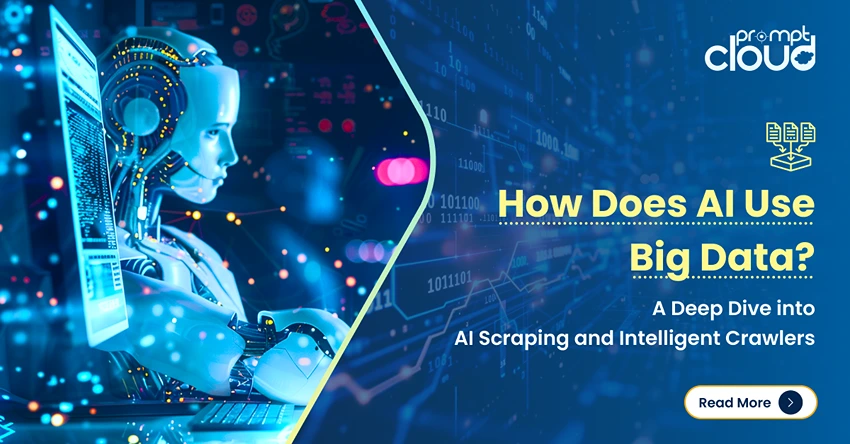
Many of the popular and modern websites provide an API that’s intended to enhance the user experience by offering integration between multiple services. Amazon, Google and Twitter are some of the notable websites that provide APIs. Google, in fact has APIs for most of its services and products. APIs, although intended for use by developers, have now become user-friendly and gained a lot of popularity, especially among people who are looking to data extraction to serve different business applications.
What is an API?
API stands for Application Programming Interface and is a language using which one product or service talk to another. Thanks to APIs, different platforms can seamlessly exchange data and work together to create a richer user experience with their combined capabilities.
For example, AccuWeather’s API is used by Google on its interactive maps, which enables users to check the weather conditions in different locations, easily. Now that you know what an API is, let’s look at how it can limit the capabilities of data-backed applications.
Limitations of APIs
APIs are used as sources of data by many, since they are usually free to access and relatively easy to use. However, APIs usually impose a lot of restrictions, especially if it’s a public API that’s free to access. Here are some of the common limitations of APIs that you should consider before choosing it as your primary data source.
-
Rate limiting
Most APIs impose various limits on the rate at which you can make calls. Rate limiting is done to maintain the performance and avoid downtime issues that could be caused by unlimited usage by everyone. The twitter API, for example has a limit of 15 requests every 15 minutes. Limitations like these would make your data extraction slow and a tedious process to begin with. There is also the issue of renewing the access token from time to time. This can create gaps in your data pipeline, rendering your project sluggish. Since APIs are typically provided for free, there’s nothing much you can do about it.
-
Limited number of data points
It’s a rare case that you’d find all the data points that you require from an API. Data points available via APIs are limited either because the website doesn’t think it could be necessary for the users or is intentionally left out for some reason. Either way, if you need a complete dataset with all your required fields, APIs won’t be of much help.
-
Lack of flexibility
The data available on the API is most likely not in sync with the way you want it to be. However, since APIs come with restrictions on the rate of hits, parallel calls and the amount of data you could access, you wouldn’t have the flexibility of customizing any of the aspects of this data extraction process.
-
Blacklisting
You could get blacklisted by the API provider if you don’t completely adhere to their terms and conditions. This may not necessarily be intentional. The API infrastructure is designed to automatically detect any deviations from the way it’s meant to be used and this could trigger the blacklisting. There are chances that your application may get blacklisted even if you play by the rules. The downside to this is loss of data and maintenance time, both of which are bad for your business.
What’s the solution to the limitations of APIs?
APIs clearly aren’t an ideal option for acquiring recurring data from websites. However, this doesn’t mean you can’t get the data you want from the websites in a more convenient way. Web scraping services are the better way to getting data from the web.
With their customization options and flexibility, web scraping services dodge the limitations of APIs. Since a bot crawling a website is treated just like a human visitor, websites don’t impose any limitations on the data being extracted. Any data available to the human visitor can be scraped by an expert data extraction service provider.
Advantages of web scraping services
- All aspects of the data are customizable
- No maintenance issues
- Constant monitoring to prevent data loss
- Web scraping services can handle dynamic and complex sites
- More time to focus on the core business activities
- Multiple options for data format and delivery method
- Cost is significantly lowered.
Conclusion
APIs aren’t as reliable as a data extraction solution and could cause bottlenecks in your big data pipeline. Since they come with several limitations, the scope of your project will also be affected by relying on an API. When APIs fail to serve your data extraction requirements, it’s time to upgrade to a data partner who can take end-to-end ownership of the web scraping process and deliver the data you need, the way you need it.




















